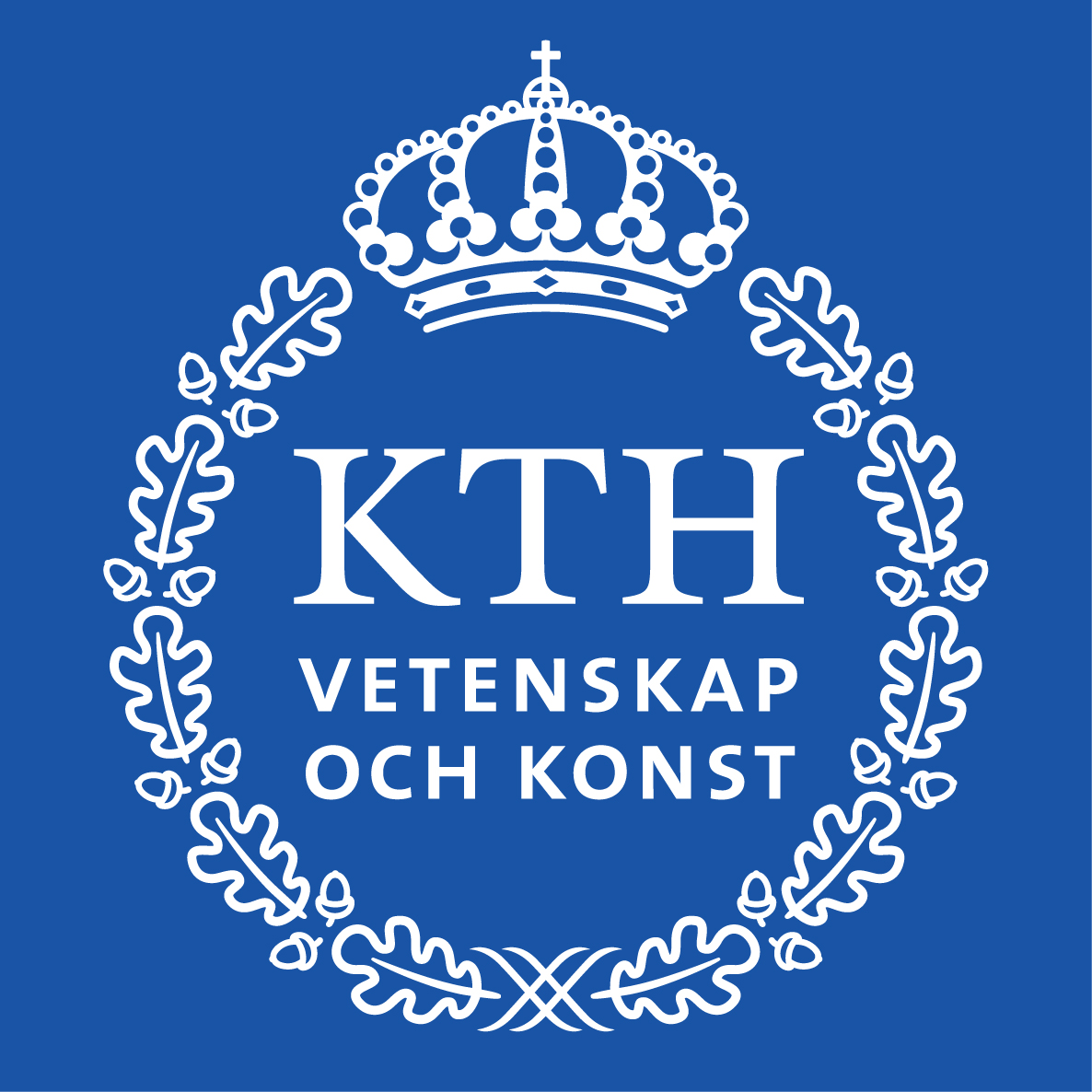ENHANCE ITN UPDATE

The Environmental Humanities for a Concerned Europe Innovative Training Network (ENHANCE ITN) is happy to announce that its website has found a new home at one of its original partner institutions, KTH (Royal Institute of Technology, Stockholm).
ENHANCE was a four-year multinational doctoral program (2015-2019), made possible through a generous grant by the European Commission’s Marie Skłodowska Curie Actions and involving four of Europe’s leading academic institutions: the University of Leeds (lead partner), LMU Munich, the Deutsches Museum (Munich), and KTH. Twelve doctoral students were enrolled in the program, divided between the different institutions.
ENHANCE was conceived as a flagship European initiative in the Environmental Humanities, a field that had previously attracted several interdisciplinary research networks, most of them located in Australia and the US. When it began, however, there was no single training program designed to provide analytical and complementary skills to early-stage researchers (ESRs) across Europe in this particular research area. Nor was there a coordinated European network whose explicit purpose was to build links between humanities-based research and the work of associated partners in those green businesses, sustainable industries, and cultural and environmental organizations that are committed to finding new ways of addressing ecological issues and managing technological change.
ENHANCE did both of these things – and much more – by joining the forces of four European centres of expertise in Environmental Humanities – the University of Leeds (UL), Ludwig-Maximilians-Universität, Munich (LMU), the Deutsches Museum, Munich (DM), and (KTH) – and by providing the kinds of intersectoral training that might lead to career pathways in related areas such as environmental consultancy, research and development, museum and heritage management, green business, sustainable technologies, media and communications industries, and not-for-profit work.
The network’s four intersectoral Associated Partners (APs) –Yorkshire Wildlife Trust (UK), Stiftung Bündnis Mensch & Tier (Germany), Dagens Nyheter (Sweden), and the Capannori Research Center for Zero Waste (Italy) – both contributed to and benefited from the programme through ESR secondments that integrated cultural, historical, and ethical understandings of relevant environmental issues with public, third sector, and industry interests. The ENHANCE ITN also contributed to European policy on environmental adaptation, with a particular emphasis on conserving cultural and environmental heritage and on minimizing risks from accelerated climate change.
Some three years on from the time that ENHANCE officially came to an end, ESRs formerly associated with the network are continuing to benefit from it in a number of different ways. Eleven of the twelve ESRs have graduated from their respective universities, while most have gone on to either postdoctoral fellowships or full-time academic/nonacademic jobs. Examples of the former include fellowships at the University of Bonn, the University of Liege, the University of Utrecht, and the Swedish University of Agricultural Sciences, while examples of the latter include Director of Environmental Humanities Research (at the Rachel Carson Center in Munich) and Senior Consultant (at the Prospex Institute in Berlin).
Most of the ESRs have continued to publish widely, and several of their publications are either directly or indirectly associated with the ENHANCE network. Examples here include a Routledge book on climate engineering; a chapter on ‘sounding wild spaces’ in the Bloomsbury Handbook of Sonic Methodologies; journal articles on the environmental history of Italian migration, and on environment and integration ‘on the edge of Europe’; and a further article in the journal Maritime Studies on imagining the Anthropocene via the cultural landscape of the Wadden Sea.
ESRs have made media appearances (newspapers, radio and TV); have been invited to give talks in Brazil, Italy, the Netherlands and the US, as well as the three countries most closely associated with the program (the UK, Germany, and Sweden); and have produced important policy work in such diverse areas as solar geoengineering, the environmental impacts of mining, and European wilderness mapping (especially in France).
Researchers associated with ENHANCE have gone on to forge partnerships with a large number of academic and nonacademic organizations in Europe and elsewhere, and have built significantly on the different kinds of training that the network provided. As one former ESR recently remarked, ‘One of the reasons I got [my current] job .. is my previous experience with EU-funded projects and Horizon 2020 as well as my … academic experience in Germany’, while another has observed that he is ‘continuing to develop the methods that originated during my ENHANCE fellowship [in Leeds] in collaboration with the IUCN [International Union for the Conservation of Nature] in France’.
In sum, ENHANCE ESRs have clearly benefited from the program in multiple ways, and are continuing to do so. This dedicated web page at KTH will continue to monitor their progress, and to champion their achievements, for years to come.

